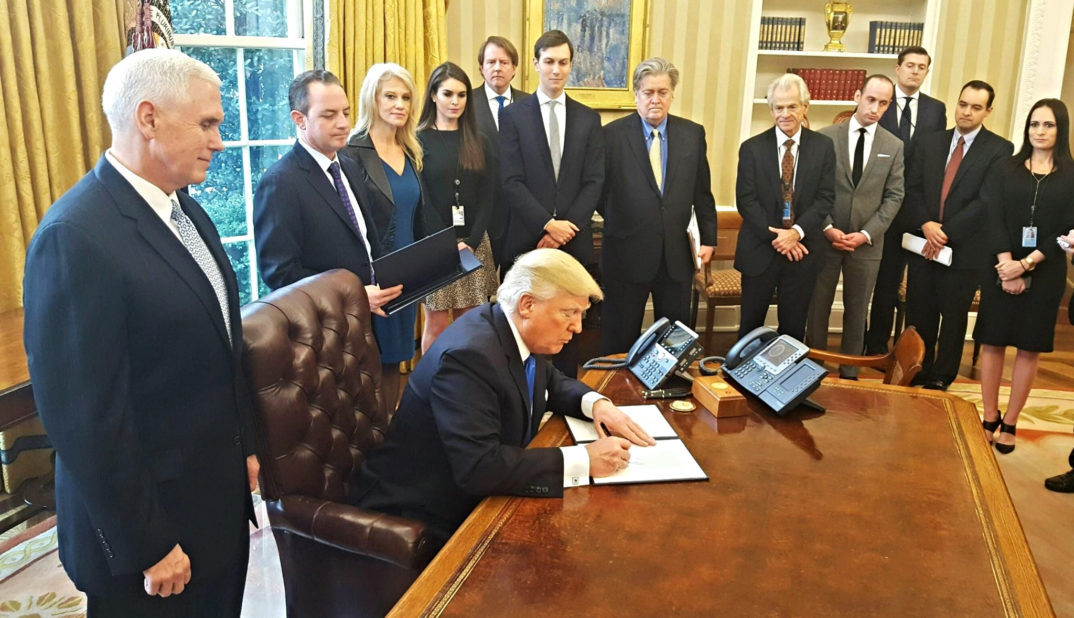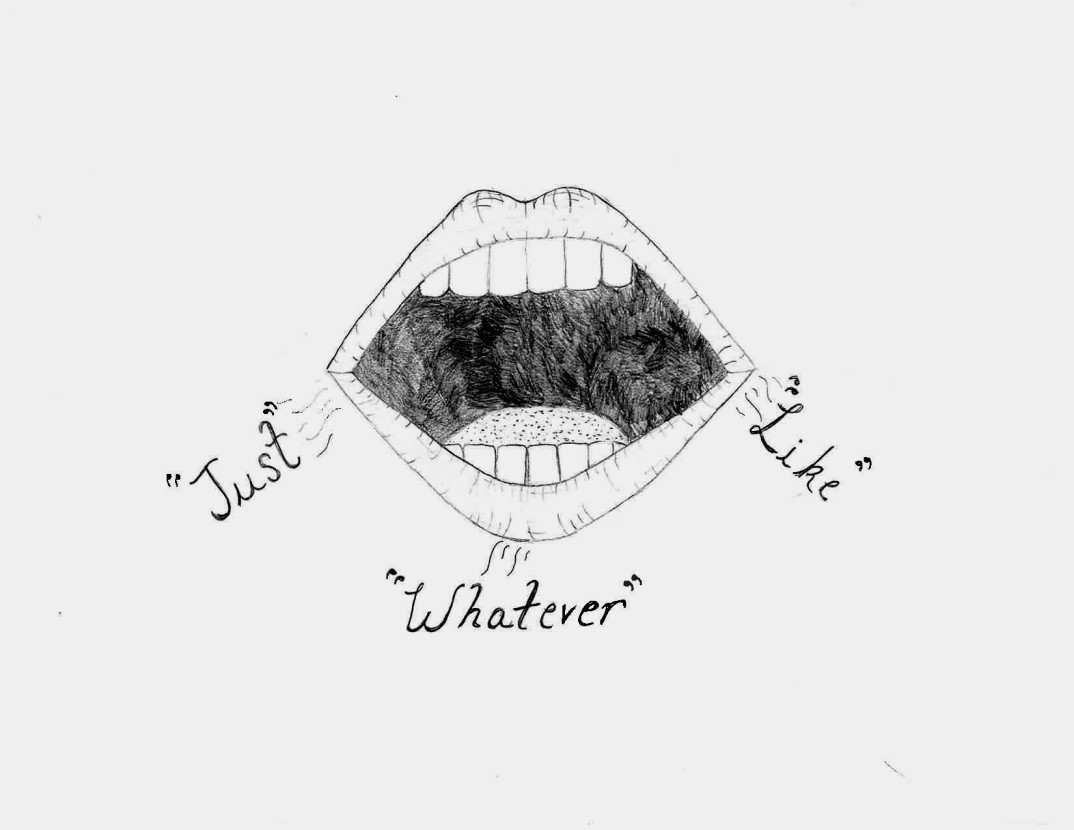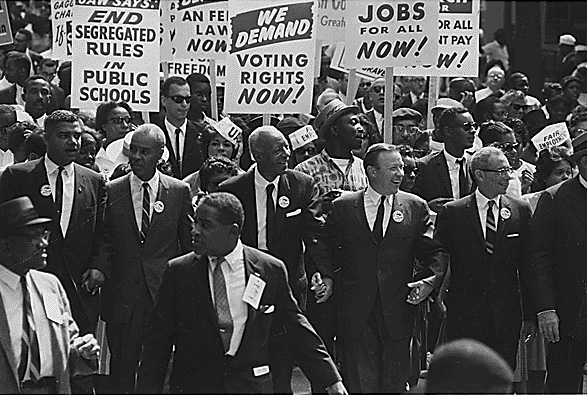The University of Chicago is known as a bastion for, and important intellectual proponent of, free speech and academic freedom. Its “Chicago Statement,” released in 2015 and since adopted by over eighty academic institutions across the country, is considered the gold standard for university free speech policy statements. Yet a recent incident involving its student newspaper, The Chicago Maroon, shows that a university’s commitment to free speech is only as robust as that of its members — including its students.
On January 26, 2022, the University of Chicago chapter of Students for Justice in Palestine (SJP UChicago) posted a call to boycott “Sh*tty Zionist Classes” on its Instagram page. Although the boycott included within its ambit any class at Chicago “on Israel or those taught by Israeli fellows,” it was apparently aimed at three particular classes, whose course descriptions the post reproduced along with critical annotations. “By attending these classes,” the post argued, “you are participating in a propaganda campaign that creates complicity in the continuation of Israel’s occupation of Palestine.”
Almost a month later, the Maroon published an op-ed entitled “We Must Condemn the SJP’s Online Anti-Semitism.” Notably, its subheading inaccurately described SJP UChicago’s boycott as aimed at “Jewish-taught and -related classes.” The op-ed itself argued that based on the lunisolar Hebrew calendar, SJP UChicago had posted its boycott demand on Holocaust Remembrance Day, which the authors claimed “was done to isolate and alienate the Jewish population at UChicago and to interfere with a day of mourning.” It also claimed that “the targeting of classes taught specifically by Israeli fellows is xenophobic” and that because all of the courses singled out in the post were housed within the university’s Center for Jewish Studies, the post “furthers the trope that Jewish courses and professors work to contribute to propaganda for Israel.” Finally, it denounced SJP UChicago’s attempt to persuade students to avoid or drop certain classes as a violation of the university’s discrimination and harassment policies, since Israeli faculty were “directly discriminated against,” Jewish students were “indirectly” discriminated against, and the harassment policy “states that any organization that uses social media . . . in order to interfere with the education of students is harassment [sic].”
The op-ed’s first two arguments are fine as far as they go: substantively they’re thin gruel, but they’re firmly in line with the Chicago Statement’s view that the best antidote to “offensive, unwise, immoral, or wrong-headed” speech is more speech. By contrast, the argument that the SJP UChicago boycott announcement violates the university’s discrimination and harassment policies was a blatant attempt by the authors to pressure the university into sanctioning other students for political speech under the flimsy pretext of “harassment” and “discrimination.” This is clearly contrary to the letter and spirit of the Statement, which states that
it is for the individual members of the University community, not for the University as an institution, to make those judgments [about which ideas are offensive, unwise, immoral, or wrong-headed] themselves, and to act on those judgments not by seeking to suppress speech, but by openly and vigorously contesting the ideas that they oppose.
As a threshold matter, it’s unclear whether student choices concerning what classes to take, or speech directed at influencing such choices, fall within the scope of UChicago’s discrimination policy. Even if they do, SJP UChicago’s boycott demand was clearly based on the ideological content of the courses or the instructors’ institutional affiliations, not their national origins or religion. Assuming arguendo that the boycott announcement constituted or encouraged discrimination based on instructor national origin or faith, it could not constitute harassment unless, in addition to being based on a proscribed factor such as national origin, it unreasonably interfered with a person’s work performance or educational program participation or created an intimidating, hostile, or offensive work environment. Finally, because it plausibly occurred in “an academic context,” to qualify as harassment it also had to be directed at specific persons, constitute abuse, and serve no bona fide academic purpose. Clearly, SJP UChicago’s boycott announcement ticks none of these boxes.
If the op-ed itself didn’t excel in free speech terms, what happened next was no better and suggested that SJP UChicago and some editors at the Maroon would probably benefit from reading the Statement again.
On April 2 the editors of Viewpoints, the Maroon’s opinions page, decided to retract the op-ed, citing “factual inaccuracies.” In a long and rambling explanatory note, the editors said that these inaccuracies “flattened dialogue and perpetuated hate toward [SJP UChicago], Palestine Palestinian students, and those on campus who support the Palestinian liberation struggle,” and apologized to SJP UChicago and “all others affected by this decision.” However, the editors identified only four inaccuracies: the characterization of the boycott as targeting “Jewish-taught and -related classes,” which did not even appear in the op-ed itself but in its subheading; another description of the boycott as targeting classes “taught by Israeli professors,” rather than Israeli fellows affiliated with the Israel Institute; the claim that the post was deliberately published on Holocaust Remembrance Day; and the claim that SJP UChicago members had approached students on the quad about boycotting the classes. At key points, the editors appeared to rely upon information provided by SJP UChicago, rather than any independent reporting, to correct the op-ed’s claims. Notably, the retraction note included something like a disclaimer from the editor-in-chief and managing editor of the Maroon pointedly stating that “the following apology does not constitute an institutional perspective and represents only the views of the current Viewpoints Head Editors.”
Thus, apparently under pressure from SJP UChicago and its allies, the Viewpoints editors retracted the op-ed under a thin pretext of concern for four factual inaccuracies. One of these inaccuracies was not even the responsibility of the op-ed’s authors, while others were only inaccurate by the lights of SJP UChicago’s own account of events. Moreover, the Viewpoints editors had other, less dramatic options available to them to address what factual inaccuracies existed, such as publishing corrections or inviting a rebuttal from an SJP UChicago member.
Even if the factual inaccuracies were more significant, however, the crucial question the retraction raises is the extent to which a newspaper is responsible for the factual inaccuracies that appear in the opinion pieces it chooses to run.
On its face, it would seem that since the purpose of an opinions page is to provide a forum for community voices rather than news coverage, ensuring the factual accuracy of the former is a lesser priority. It is true that some factual inaccuracies may be so glaring that they either undermine an op-ed’s main claims or arguments or they amount to pernicious disinformation. In these cases, factual inaccuracies may sap an opinion piece of its value in fostering debate and discussion because they render the piece, in some important sense, irrelevant. That does not seem to be the case here.
In addition, the Viewpoints editors trotted out the specter of the “harm” caused by the op-ed to justify its retraction. The implication, it seems, is that speech must be harmless to be publishable. Some defenders of free speech tend to downplay the harm caused by it, arguing that belief in speech’s harmfulness is based on “cognitive distortions.” However, as I have argued before, the best argument for tolerating offensive, wrong-headed, hateful, or immoral speech is not that it is harmless. For example, the U.S. Supreme Court did not hold that journalists are immune from suit for negligent defamation of public officials because the latter are psychologically maladjusted snowflakes whose reputations are not really harmed by defamatory falsehoods broadcast about them by major news outlets. Instead, its rationale was that the costs of allowing journalists to be sued for negligent defamation — and in particular, the so-called “chilling effects” on politically important speech — substantially outweigh the benefits. By the same token, newspapers like the Maroon should publish potentially harmful speech at least partly because accepting the editorial principle that speech is publishable only if it cannot inflict any degree of harm upon any person at any time would have a devastating effect on a newspaper’s ability to serve as a forum for lively, relevant, and politically engaged debate and discussion.
If, as the original op-ed amply demonstrates, some are already tempted to use institutional discrimination and harassment policies to silence others’ speech, consider what a gift it would be to these censors manqué if everyone accepted that narrow principle of publishable speech.
The University of Chicago has much to be proud of in its record of defending free speech against the rising tide of illiberalism on both the right and left. But as Hannah Arendt reminded us, in every generation, civilization is invaded by barbarians — we call them “children.” Among the most important duties of the university in a liberal society is to inculcate in each new class of undergraduates the disposition to critically evaluate deeply offensive speech without invoking some institutional lever to censor the speaker. Apparently, in this respect even UChicago can stand to do better.





